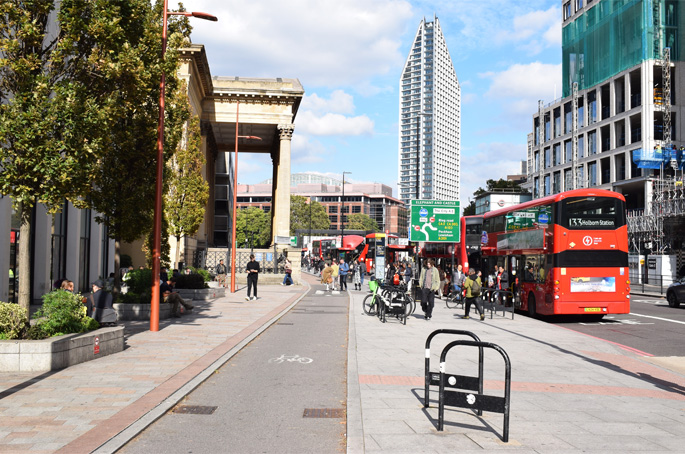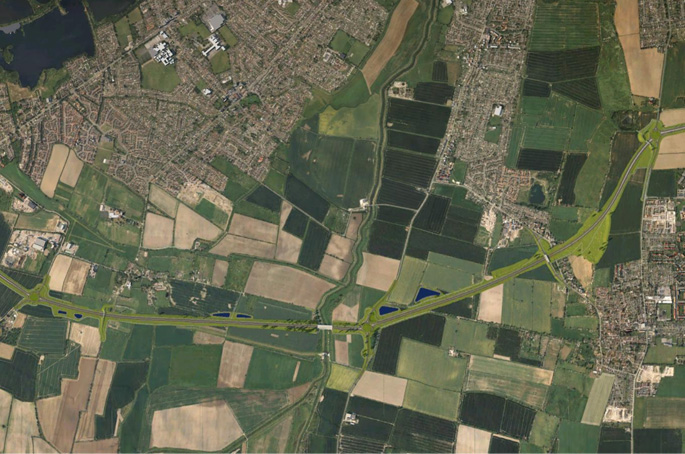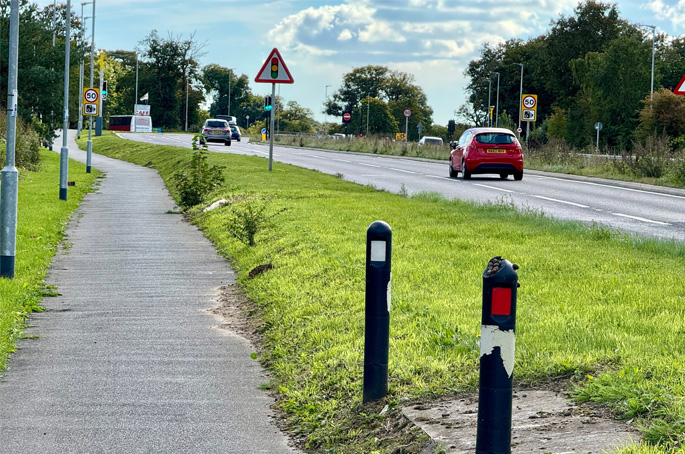Speaking exclusively to Highways, the future of roads minister Lilian Greenwood suggested her plans for highways maintenance are still evolving but moving quickly to address long-term challenges was a priority.
Ms Greenwood discussed the maintenance incentivisation agenda she established this year, stating it was only in 'year one' and would hopefully evolve if her plan of longer-term budgets is put in place.
This year Department for Transport announced that 25% of £500m of additional funding is contingent on local highway authorities demonstrating best practice and continual improvement in highways maintenance.
Councils have until the end of June to publish details on their websites about their highways policy, including their levels of planned proactive maintenance.
When asked about how this incentive element might develop, Ms Greenwood suggested the final plans would evolve.
‘This year I wanted to get [councils] the money and I didn't want to give them the extra money with no incentives in place. We have done it fairly quickly and I want to look at the longer-term; at how we can come up with a really positive incentive system to make sure we are incentivising the right behaviours.
‘We have a position for year one but, particularly if I am successful in what I want to do, which is give local authorities a longer-term funding settlement for highways maintenance - I know they have been calling for that for years - we want to look at how we can incentivise best practice.'
She also acknowledged that the recent PAS 2161 standard road condition monitoring, which opened the market to new entrants other than SCANNER, could create a shock to the system in terms of identifying even greater levels of deterioration on the local network.
‘If you are going to really fix the roads you need an accurate baseline of what the problem is.
'That's what this is about – having a really proper picture of the state of the roads and if that's uncomfortable in terms of what it shows, I am afraid local authorities have to take that on the chin. If you know what the state of the roads is and you know how much money you are getting you should be able to demonstrate what you are doing to fix it.'
Giving an overview of DfT policy at Traffex recently, Ms Greenwood gave her clearest hint yet that the department will set out a policy to help tackle pavement parking, describing it as ‘a personal bugbear'.
‘We intend to publish a formal response to the 2020 consultation; one that will summarise the views received and announce our next steps. That is coming later this year.'
Touching on the devolution of moving traffic violation enforcement to councils, the minister highlighted that the fourth application window is now open and the deadline for applications is 7 July.
Since 2022, 73 local authorities have taken up the new powers, Ms Greenwood said.
‘We know these powers are having a positive impact. Derby City Council told us there was between a 50% and 72% reduction in offences at five out of six school street schemes after only six weeks,' she said.
































